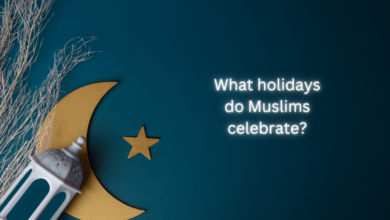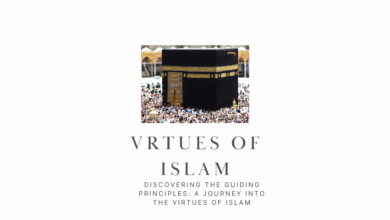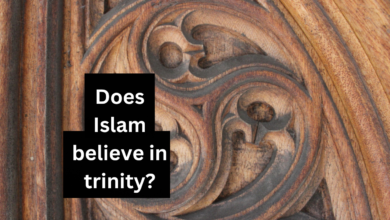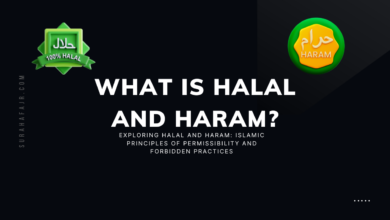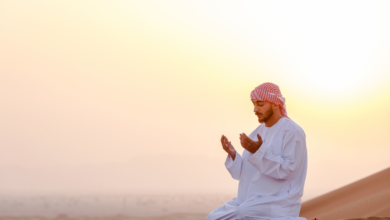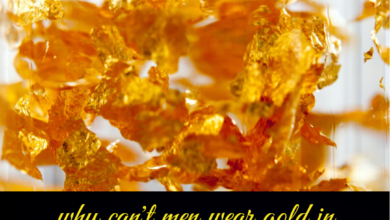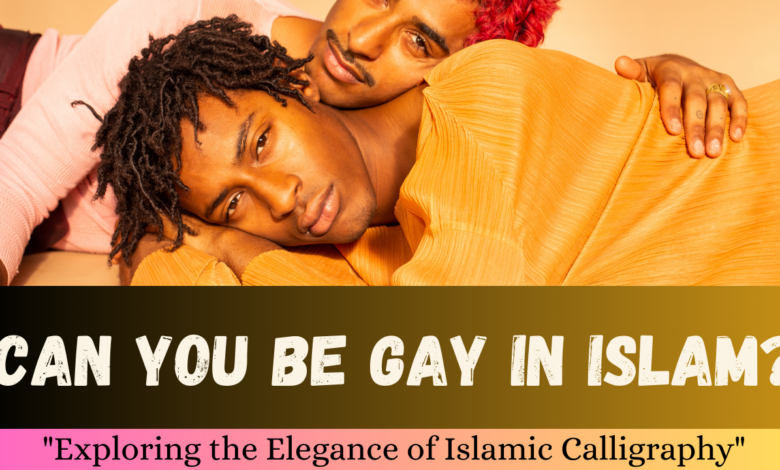
Can you be gay in Islam?
The acceptance of openly gay individuals within the Muslim community varies widely. While some Muslims are accepting and inclusive, others may hold more traditional views that are less accepting of LGBTQ+ identities.

Introduction
The intersection of religion and LGBTQ+ identities has been a complex and contentious issue in many faiths, including Islam. Islam, like other major world religions, has a diverse range of interpretations, and attitudes towards homosexuality within the Muslim community can vary widely. In this article, we will explore the question: Can you be gay in Islam? We will delve into the complexities surrounding LGBTQ+ individuals and their place within Islamic teachings.
Diverse Interpretations
Islam, as a religion, does not have a single monolithic interpretation. It is a diverse faith with multiple schools of thought and cultural influences. As such, there are varying perspectives on LGBTQ+ identities within the Muslim world. Some Muslims believe that homosexuality is incompatible with Islamic teachings, while others argue for greater acceptance and inclusion.
Islamic Teachings
The primary source of Islamic teachings is the Quran, which is considered the word of God as revealed to the Prophet Muhammad. However, interpretations of Quranic verses related to homosexuality vary. The Quran does contain verses that are often cited in discussions about homosexuality. For instance, the story of the people of Lot (Quran 7:80-84 and 11:77-83) is often referenced, as it describes the people of a city engaging in same-sex acts, which are ultimately condemned.
Yet, it’s important to note that interpretations of these verses can differ significantly. Some argue that these verses are not specifically about homosexuality but rather about sexual aggression and non-consensual acts. Others maintain that these verses should not be taken as a blanket condemnation of same-sex relationships.
Hadith, which are sayings and actions attributed to the Prophet Muhammad, are another source of Islamic guidance. There are hadith that mention homosexuality, but their authenticity and interpretation are also subjects of debate within the Muslim community.
Also Check
- What is the chief form of Islamic art?
- Fragrance of the beloved Prophet Muhammad (PUBH)
- Fragrance of the beloved Prophet Muhammad (PUBH)
- Women in Islam
- What is the chief form of Islamic art?
- How was the Quran revealed to Muhammad (PUBH)?
Diverse Muslim Perspectives
In recent years, there has been a growing movement within the Muslim world advocating for greater acceptance and inclusion of LGBTQ+ individuals. Muslim LGBTQ+ activists and scholars argue that Islamic teachings should be understood in their historical and cultural contexts and that they should be interpreted with compassion and empathy.
Organizations like the Muslim Alliance for Sexual and Gender Diversity (MASGD) and scholars such as Scott Kugle and Amina Wadud have contributed to the dialogue on LGBTQ+ issues within Islam. They argue for a more inclusive and progressive interpretation of Islamic teachings, suggesting that Islam’s core principles of justice, compassion, and love should apply to LGBTQ+ individuals as well.
Challenges and Discrimination
While there is a growing movement for LGBTQ+ inclusion in the Muslim world, many LGBTQ+ Muslims continue to face significant challenges and discrimination. In some countries and communities, homosexuality remains illegal and is punishable by law. LGBTQ+ individuals may also face rejection from their families and communities, which can lead to social isolation and mental health struggles.
Conclusion
The question of whether you can be gay in Islam is a complex one with no single answer. The diversity of Islamic interpretations and the evolving perspectives within the Muslim community make it clear that there is no one-size-fits-all response. Some Muslims believe that LGBTQ+ identities can coexist with their faith, while others maintain that homosexuality is incompatible with Islamic teachings.
It is essential to approach this topic with empathy, understanding, and respect for the diversity of perspectives within the Muslim community. As with any discussion of religion and identity, it is important to recognize that individuals’ beliefs and experiences can vary widely, and no one should be subjected to discrimination or harm based on their sexual orientation or gender identity. The dialogue around LGBTQ+ identities in Islam is ongoing, and it is through open and respectful conversations that progress can be made toward greater acceptance and inclusion for all individuals, regardless of their sexual orientation or gender identity.
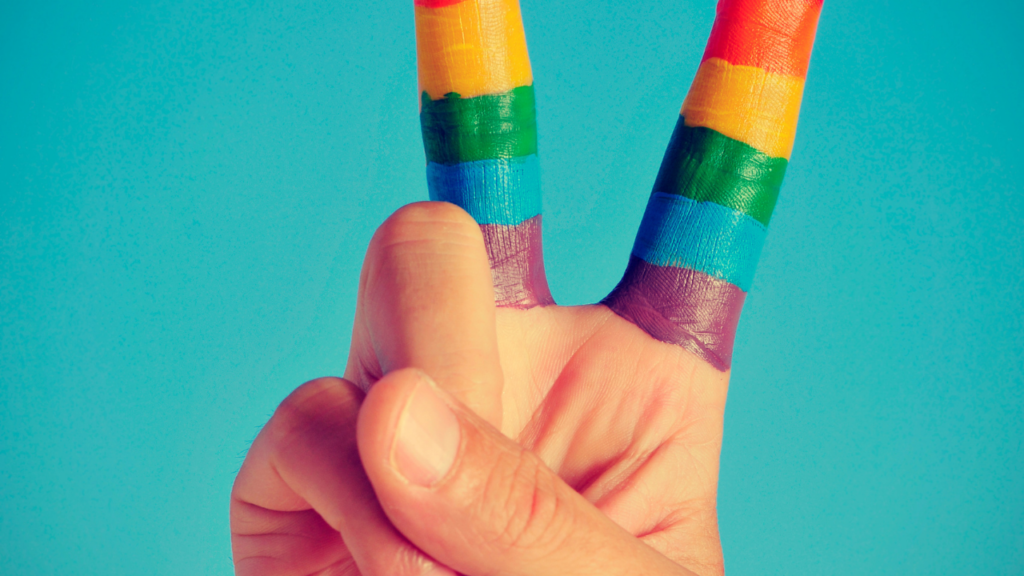
FAQs About Being Gay in Islam
FAQs About Being Gay in Islam
The acceptance of openly gay individuals within the Muslim community varies widely. While some Muslims are accepting and inclusive, others may hold more traditional views that are less accepting of LGBTQ+ identities.
Are there any Islamic countries that accept homosexuality?
Currently, homosexuality is illegal in many Islamic countries, and the level of acceptance varies widely. There are no Islamic countries that fully accept homosexuality from a legal perspective.
What does the Quran say about homosexuality?
The Quran contains verses that are often cited in discussions about homosexuality, such as the story of the people of Lot. However, interpretations of these verses differ, and some argue that they are not specifically about homosexuality.
Are there LGBTQ+ Muslim organizations?
Yes, there are organizations like the Muslim Alliance for Sexual and Gender Diversity (MASGD) that advocate for LGBTQ+ inclusion within the Muslim community.
Can you be both devoutly religious and gay in Islam?
Many LGBTQ+ individuals in the Muslim community consider themselves both devoutly religious and gay. They argue that Islam’s core principles of justice, compassion, and love should apply to all individuals, regardless of their sexual orientation.
Are there LGBTQ+-friendly mosques or religious leaders in Islam?
Yes, there are LGBTQ+-friendly mosques and religious leaders who advocate for greater inclusion and understanding of LGBTQ+ individuals within Islam. However, their acceptance and influence may vary by location and community.
What challenges do LGBTQ+ Muslims face?
LGBTQ+ Muslims may face challenges such as discrimination, social isolation, and rejection from their families and communities. In some countries, homosexuality remains illegal and is punishable by law.
Can LGBTQ+ Muslims marry within the faith?
Marriage practices for LGBTQ+ Muslims vary. In some cases, they may marry within the faith through ceremonies conducted by LGBTQ+-inclusive religious leaders or organizations.
How can dialogue and understanding be promoted between LGBTQ+ individuals and traditional Muslim communities?
Promoting dialogue and understanding involves respectful and empathetic conversations, education about diverse perspectives, and recognition of the diversity of beliefs within the Muslim community.
Is there room for change and progress in the acceptance of LGBTQ+ identities within Islam?
Yes, there is room for change and progress. Many scholars and activists are working to foster greater acceptance and inclusion of LGBTQ+ individuals within Islamic teachings, and the dialogue continues to evolve.

